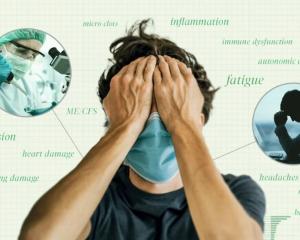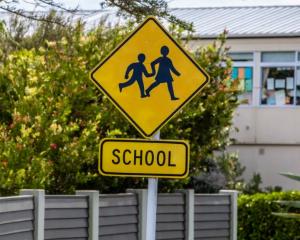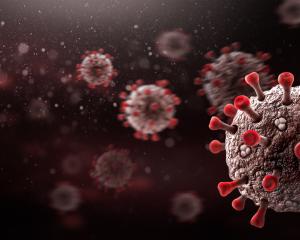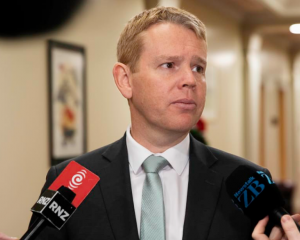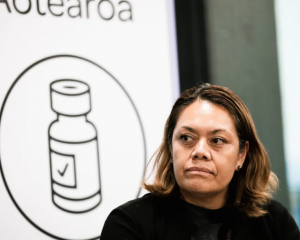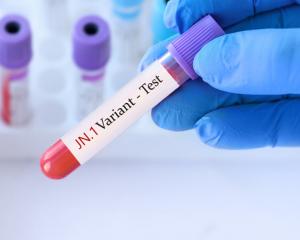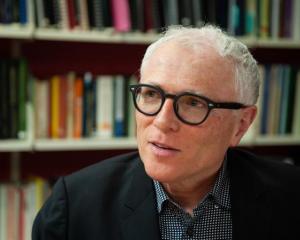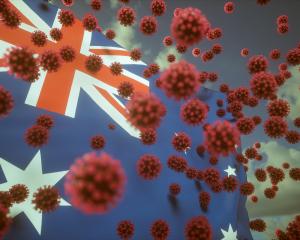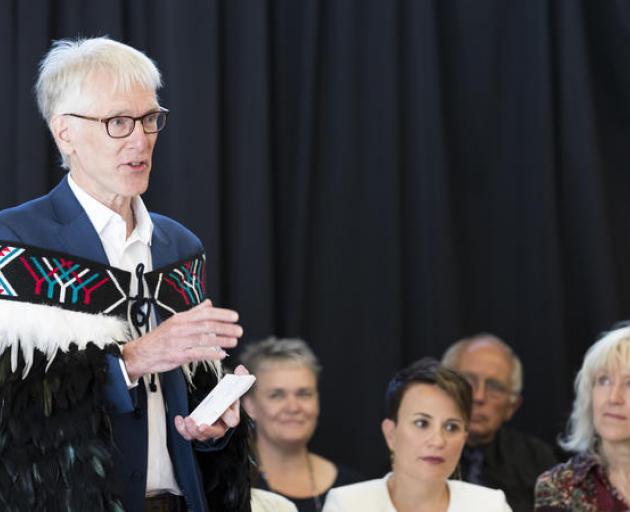
The Chief Human Rights Commissioner Paul Hunt, the Children's Commissioner Andrew Becroft, the Chief Ombudsman Peter Boshier and Amnesty International have made it clear they intend to monitor the rights of the vulnerable as closely as ever.
Hunt said people detained by authorities have a heightened risk of infection because they live in close proximity and have limited capacity to take precautionary measures.
A person who is in Government-provided detention, which they are not free to leave, is a person in detention under international human rights law.
This includes prisons, police cells, Oranga Tamariki residences, intellectual disability units, acute mental health units, aged care facilities, and temporary places of detention for quarantine purposes, such as hotels and campervans.
"The Government has obligations to limit the spread of Covid-19, but restrictions placed on people in detention must be necessary, proportionate and respectful of human dignity," Hunt said.
He said the Government had binding human rights obligations to ensure people in detention have access to adequate food and shelter, meaningful activity and engagement with others, health care and protection, and accurate information.
"Even in times of crisis, people in detention have human rights that safeguard their dignity."
People being held under the Health Act for quarantine must be able to communicate with friends and family, Hunt said.
They must also have access to independent medical and legal advice, and other basic needs, he said.
"While I have confidence that the Government is doing its best to keep the wider community safe from further spread of Covid-19, we must ensure that the use of these extraordinary measures are not unnecessarily or disproportionately impacting the rights of those in detention.
"That's why independent monitoring is especially needed at this time. The form of this monitoring needs careful attention so that it is appropriate, effective and safe for all parties."
Children's Commissioner Andrew Becroft said the safety and conditions of children and young people in the care of Oranga Tamariki continued to be monitored, despite the challenges presented by Covid-19.
Becroft said there were children and young people living in four youth justice residences and also four care and protection residences for those with complex care needs.
"These residences present particular challenges in this environment given children and young people are in close proximity with each other and with adult staff members who have regular contact with the outside world," Becroft said.
Secure online communication tools such as video conferencing would be used to monitor care.
"It is important the rights of children and young people in these residences are not compromised, even in an emergency, and we will be keeping a close eye on the conditions they are experiencing.
"We should remember those children in the care and protection residences have not committed any crime.
"And the vast majority of those placed in a youth justice residence by Oranga Tamariki, are on remand, with their alleged offending not yet proven."
Boshier said it was his job to make sure his oversight of the treatment and conditions of people in detention remained robust.
"People can be held in detention for a variety of reasons. They may be very unwell, have broken a law, or it may be a way to keep themselves or others safe.
"While some restrictions to detention regimes may be justified for health and safety reasons, I must continue to independently verify that these protections are not compromising people's basic rights."
In response to Hunt's statement, Boshier said he is reviewing his inspection programme in light of the lockdown.
"I am in discussions with the Ministry of Justice and other agencies about how I continue my inspection and monitoring of places of detention during the emergency.
It comes as Amnesty International provides a briefing on human rights principles for the Epidemic Response Committee.
Amnesty International Aotearoa New Zealand advocacy and policy manager Annaliese Johnston said measures to reduce risk in detention facilities must be implemented urgently.
"People in detention already have their liberties restricted. It's incredibly important measures take into account the fact that their self-isolation is dependent on other people.
"Some of these facilities already have inadequate health and sanitation services."
She asked for the consideration of the release of detainees who are particularly vulnerable to contracting the virus and do not pose a serious risk to public safety.
Amnesty International was pleased to hear that the majority of asylum seekers detained in New Zealand had been released, Johnston said.
These are people who have sought safety from conflict or persecution overseas - they should not be detained.
"We hope this continues and they are supported in communities."

